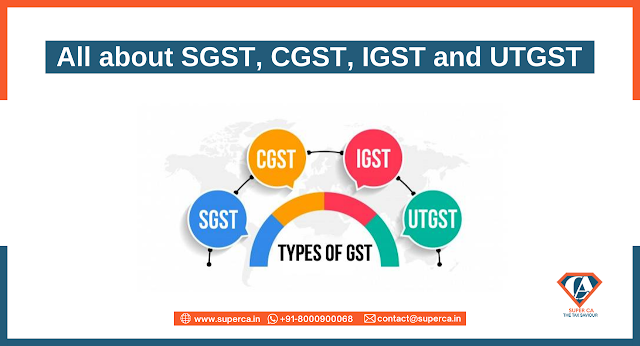Can Director Be Held Responsible For Company's Default
Directors act as agents in the transaction which they enter into on behalf of the company, though they are not agents for individual shareholders or members. A director may be an employee, a servant or even a "worker" of the Company.
The duties of directors are largely derived from the law of agency and trusts under common law rules and fair and impartial principles. Under the law of agency, duties of skill, care and diligence are imposed on directors. On the other hand, the law of trust imposes fiduciary duties on directors. He occupies the position of a trustee of the company's money and property, though he is not a trustee in the strict sense in respect of the Company's properties and funds.
Every director is required to perform his duties sincerely, having the knowledge, skill and experience both of a person carrying out that director's function and of that person himself. As we’ve discussed, the directors act as agents of the company to the extent as authorized by the company, and on behalf of the Company, they enter into contractual obligations. These contractual arrangements may also entail payment obligations towards third parties, which pops the question – Can directors be held responsible for debts of the company? In this article, we’ll talk about the liability exposure of directors to debts of the company under Indian laws and brief analysis of it.
Liability of Director
The liability of a director arises because of his position as an officer or agent of the Company and also for being the trustee and having a fiduciary relationship with Company and its shareholders. If a company is in debt or unable to repay a loan, both the directors and shareholders cannot be held liable. The company is solely liable to repay the loan because a company is a separate legal entity and is distinct from its directors, as has been repeatedly upheld by the Supreme Court of India. In the eyes of the law, a company having company registration under the Companies Act is a legal entity, separate, and distinct from its individual members or those that hold its shares. Therefore, any property of the company is not the property of its director or shareholders. A shareholder merely has an interest in the company – arising under its Articles of Association, measured by a sum of money for the purpose of liability, and by a share in the distributed profit. While the directors or an employee cannot be held to be vicariously liable for any offence committed by the company itself. The director is not, by way of holding the position of a director, liable for the debts of the company
Hence, as stated by general rule, the directors are not held personally liable on behalf of the company unless a commission of fraud or gross negligence is proved against them in conducting the business of the company at that particular time.
But, there may be exceptional circumstances, wherein the director may be called upon for settlement of the contractual third party debts -
- If by making false representations about a company, the director induces a third party to advance a loan or money to the company, then, such director may be held personally liable to the third party on proof of fraudulent misrepresentation
- A director would be considered personally liable if he/she has personally undertaken to clear any liability of the company or extended any indemnity or personally guaranteed the payment obligations of the company towards a third party creditor.
- The director may also be considered liable in cases where he/she has derived any personal benefit while purporting to act on behalf of the company.
- Directors of a company are personally liable together with the company for repaying the share application money or the surplus share application money received if it is not repaid within the specified time period.
- If the Director hasn’t acquired the qualification shares within the stipulated time frame and such company goes into liquidation after the expiry of this period, then the Director would be called upon by the Official liquidator for paying for such shares he was supposed to acquire.
Cessation
In a nutshell, we can conclude that a director will not be liable for the loan personally because of the fact that after Company registration, the company acts as a separate legal entity from its Directors and Shareholders. There might be a possibility that the company’s assets may be attached to pay off the loan. In such an event, even a shareholder will not be held liable, unless he is holding some shares for which the amount is unpaid.
Also, the parent company and its directors shall not be held liable in the event of default on repayment of the loan by the subsidiary company. It will only be held liable for repayment of the loan if it has given a guarantee towards the loan. However, the director of the borrowing company shall be deemed to be a wilful defaulter if the company has not met repayment obligations despite having the capacity to do so.

Online GST Registration | Online GST Return Filing | Online Company Registration | Online Sole Proprietorship Registration




Comments
Post a Comment